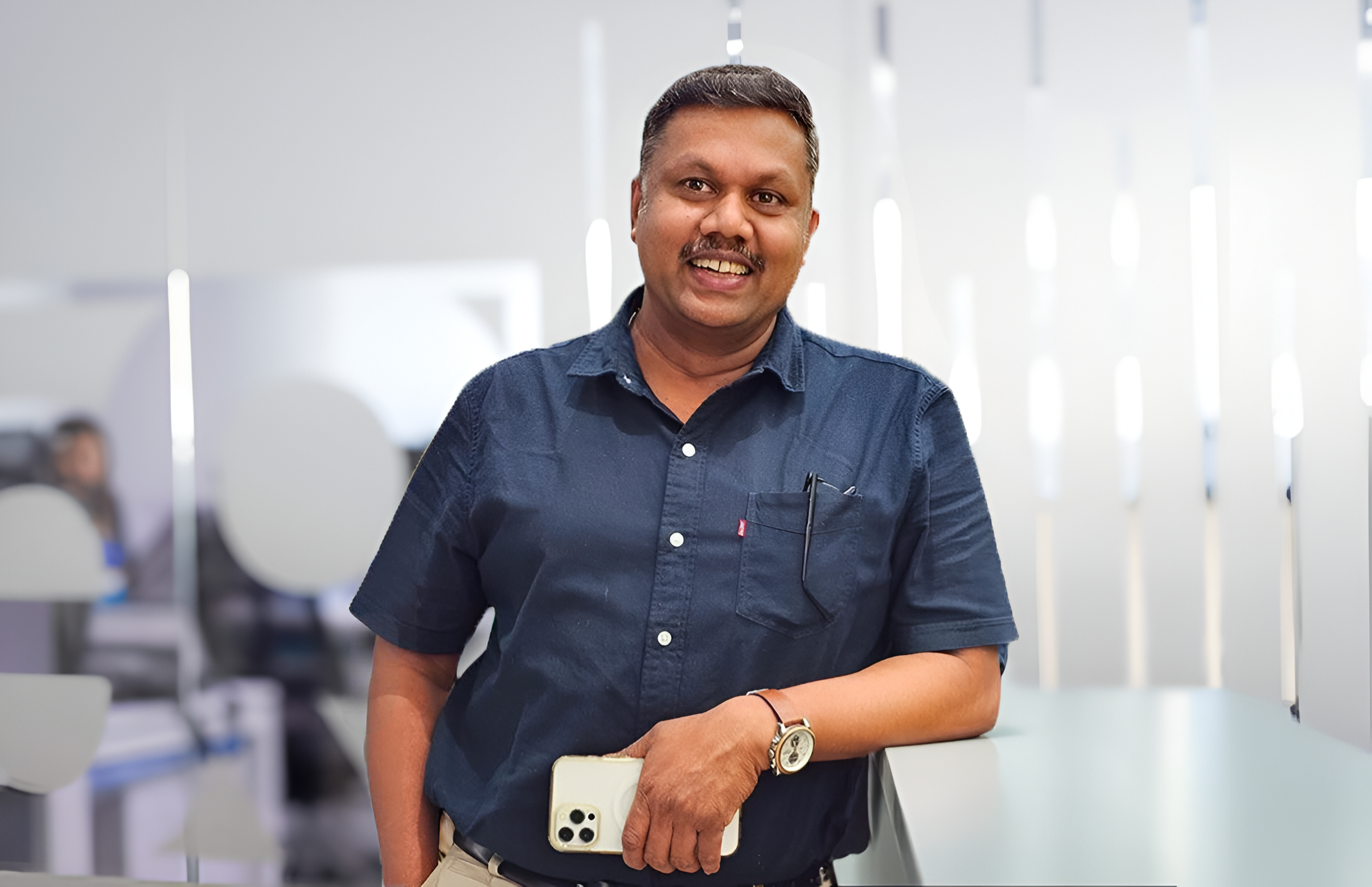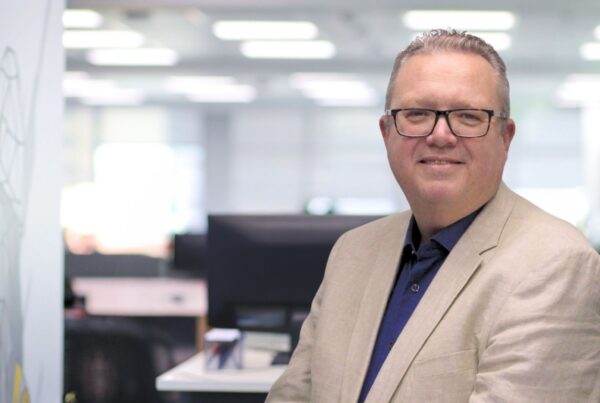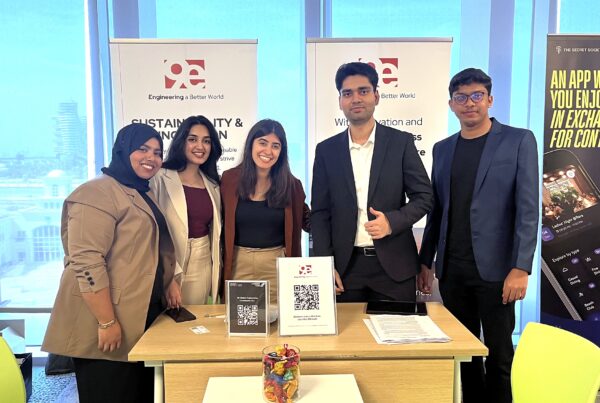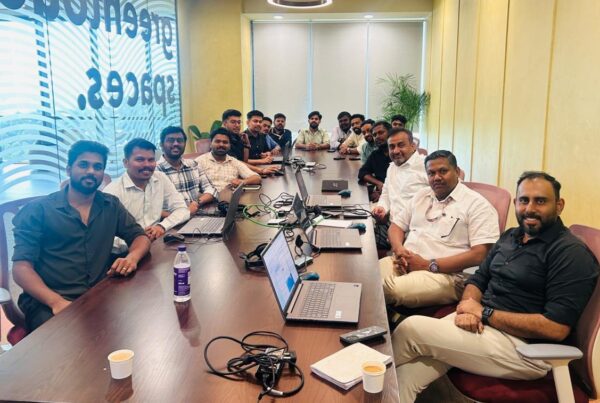Meet Benny William – BIM Manager at 9E Global.

Engineering Journey & Professional Expertise
Can you tell us about your professional background and what led you to specialise in BIM engineering?
With a background in Electrical Engineering, I began my career working on robotic machine tools and later in oil & gas plant design. My exposure to complex MEP systems through multinational design consultancies and contracting firms sparked my interest in BIM. I was drawn to its potential to improve coordination, reduce errors, and streamline project delivery, turning data into a powerful tool for smarter construction. That’s what led me to specialize in BIM engineering.
What key projects or experiences have shaped your approach to BIM and digital construction technologies?
Working on large-scale projects, including malls, healthcare facilities, residential developments, hotels, and airports, has significantly shaped my approach to BIM. These complex environments highlighted the need for precise coordination, data-driven design, and real-time collaboration. They taught me to see BIM not just as a modelling tool, but as a central platform for improving efficiency, reducing risk, and delivering high-quality outcomes across all project stages.
The Middle East is renowned for pioneering large-scale, high-tech infrastructure. What excites you most about applying BIM in such a dynamic environment?
The Middle East’s ambition for high-tech, large-scale infrastructure makes it one of the most exciting regions for BIM application. What excites me most is the opportunity to work on iconic, complex projects that demand innovation and precision. BIM allows us to integrate design, construction, and operations seamlessly, improving coordination, reducing risk, and enabling smarter, more sustainable development. In such a fast-evolving environment, BIM isn’t just a tool; it’s a driver of transformation.
Joining 9E Global & Industry Impact
What motivated you to join 9E Global, and what role do you see BIM playing in the company’s regional ambitions?
I was motivated to join 9E Global by its clear vision for innovation and commitment to delivering technically advanced, future-ready solutions. The company’s dynamic, forward-thinking culture aligned perfectly with my passion for digital transformation. I see BIM playing a central role in 9E Global’s regional growth, driving smarter project delivery, enhancing collaboration, and positioning us as leaders in data-driven, sustainable design and construction across the Middle East.
How does 9E Global’s vision for digital engineering align with your own professional goals and technical expertise?
9E Global’s vision for digital engineering strongly aligns with my passion for integrating technology into every stage of the project lifecycle. Their focus on innovation, data-driven design, and intelligent workflows complements my expertise in BIM and my goal of driving efficiency, quality, and collaboration through digital solutions. It’s a great match that allows me to contribute meaningfully while continuing to grow in a future-focused environment.
BIM Challenges & Regional Trends
As the Middle East embraces smart cities, digital twins, and sustainability, what do you see as the key BIM-related challenges and opportunities?
As the Middle East advances toward smart cities, digital twins, and sustainable infrastructure, the biggest BIM-related challenge lies in integrating diverse systems and ensuring data consistency across the project lifecycle. But this also presents a major opportunity using BIM as the foundation for real-time data exchange, performance monitoring, and predictive planning. With the right strategy, BIM can serve as a bridge between design, operation, and long-term sustainability.
How can BIM contribute to advancing sustainability goals, resource efficiency, and lifecycle asset management across the built environment?
BIM plays a vital role in advancing sustainability by enabling smarter design decisions, accurate material quantification, and energy-efficient system modelling. It supports resource efficiency through better coordination and reduced waste, while also providing a digital foundation for lifecycle asset management, ensuring buildings operate efficiently long after construction is complete.
A Personal Perspective on BIM Engineering
What advice would you give to emerging BIM professionals who want to build a successful career in the Middle East’s fast-paced construction sector?
Stay curious, adaptable, and committed to continuous learning. The Middle East’s construction sector moves fast and demands both technical expertise and collaboration skills. Focus on understanding real project workflows, not just software. Build a strong foundation in BIM standards, coordination, and data management, and always be open to evolving technologies like AI and digital twins. That’s how you stay relevant and impactful.




